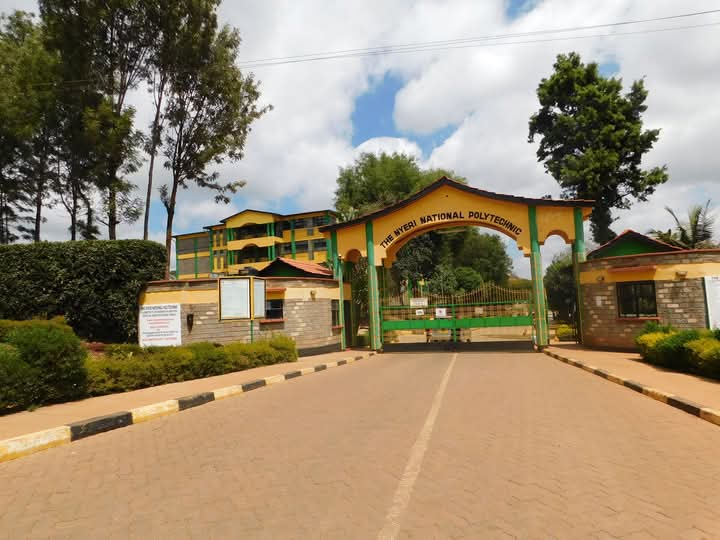Plans are underway to increase the number of intakes in Technical and Vocational Education Training (TVET) institutions to allow more students to acquire technical skills.
Each year, TVETs hold their intake in the months of January, April, and September, but the Mount Kenya West Regional Director for TVETs, Charles Nyota, says there are plans to review the schedule to allow the institutions to accommodate more students as the demand for technical skills continues to increase.
In an interview with KNA, Nyota said that the main goal is to increase the number of trainees from the current 500,000 to one million before the end of the year.
He further said that the enhanced enrolment will mostly target the 2024 Kenya Certificate of Secondary Education graduates who may not make the cut to join university.
“Our yearly intake stands at around 500,000 trainees. This year we seek to double the intakes to 1 million. By doing this, we will give a chance to many students to enrol in TVETs, and this will help in the utilization of the resources and the equipment provided by the government. It will also counter idleness since the students from villages and regions can enrol for a skill and be able to secure a job,” said Nyota.
The minimum entry grade for a TVET Diploma is C-, while the minimum entry grade for a Craft Certificate is D plain. A candidate who scored Grade E in the just-released 2024 KCSE results can apply for an Artisan Certificate course.
This year, the total number of KCSE graduates who qualify to join TVETs increased to 605,774 from 526,222 last year.
The Regional Director also confirmed that despite the suspension of the new University Funding Model by the court in December last year, the Ministry of Education will continue to disburse capitation for TVET students.
He said the Ministry had resolved to revert to the old system as they wait for direction from the government. Additionally, he urged students pursuing technical courses in TVETs to utilize the student loan facility from the Higher Education Loans Board, which he said will be disbursed by June this year.
“School fees for TVETs is set at Sh56,240. The government has reverted to the old model, and that means that TVET students will still receive a capitation of Sh30,000 while the parents will be expected to foot the remaining balance. If the parent is unable to pay the prescribed amount, the student can apply for a HELB,” said Nyota.
Nyota also said that the implementation of the dual training model, which combines classroom learning with practical work experience, is still on course. He said that the State Department is partnering with the private sector to facilitate trainees to access practical knowledge from the industries as part of their coursework and also secure industrial attachment.
He noted the department is also collaborating with the Labour Ministry to help TVET graduates secure job opportunities upon completion of their courses.
“As a department, we are trying our best to make sure all our trainees get industrial attachments through collaboration with various industries. We have also revolutionized TVETs such that beyond training students, we assist our graduates to secure jobs.
Since late last year, we have been working with the Ministry of Labour for linkage to overseas jobs and when such opportunities come up we reach out to our graduates and encourage them to turn up for the recruitment,” stated Nyota.
By Wangari Mwangi and Mumbi Kinaro




